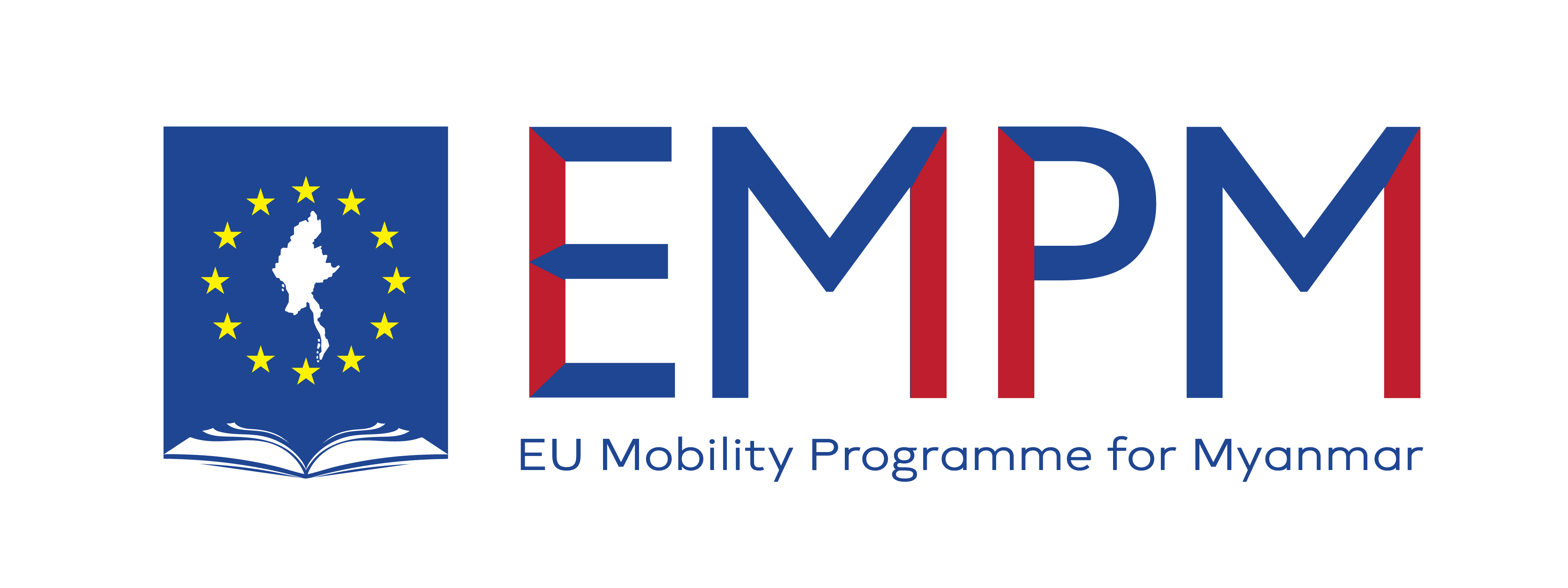Universitas Brawijaya
Sustainable Economic Development
Sustainable Environment
Sustainable Human Development
Food Security and Climate Change
| Contact Person | Short Courses | Website | Additional Information |
|---|---|---|---|
Mr. Aulia Luqman Aziz ( io@ub.ac.id ) | Material Chemistry in the Age of Computer Simulation | https://www.ubx.ub.ac.id | The procedure of obtaining Letter of Acceptance (LoA)
For any troubleshooting, please contact Mr. Aulia Luqman Aziz at io@ub.ac.id |
| | Industrial Management of Seafood and Fishery Product | ||
Introduction to Inclusive Education | |||
Public Relations in Education | |||
Public Speaking | |||
Information Retrieval and Text Mining | |||
Computer Vision | |||
Environmental Sustainability |



